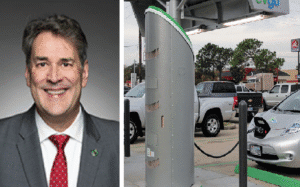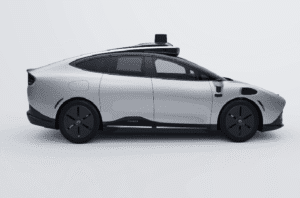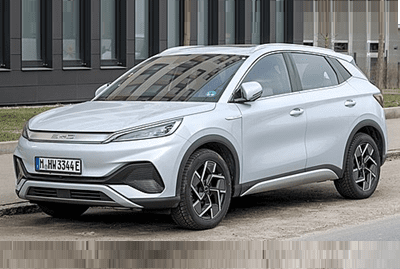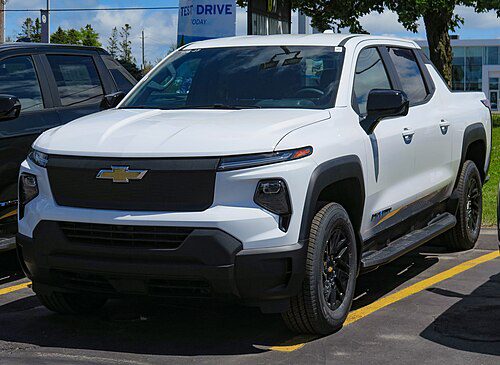IN SOME CASES, BATTERIES OUTLAST EVS
BY ALLISON ROGERS
There are some widespread misconceptions about how long EV batteries last. In fact, the average consumer will often think that their EV battery needs to be replaced on a near-annual basis. According to electric vehicle researcher Recurrent, that couldn’t be further from the truth.
In a March 2023 report, Recurrent collected data from owner-reported battery replacements on its platform, pooling data from about 15,000 EV owners. According to the findings, electric car batteries have much longer lifespans than the general perception. Plenty of automakers themselves say that EV batteries can outlast the vehicles themselves. In its community of EV owners, only 1.5 percent of batteries have failed or required replacement, says Recurrent. “Very few [electric vehicle batteries] have been replaced, even once the eight-year, 100,000-mile warranty period ends,” reads the company’s battery degradation report.
Non-recall battery replacements are highest in the 2013 Tesla Model S (8.5 percent); 2014 Tesla Model S (7.3 percent); 2015 Tesla Model S; 2011 Nissan LEAF (8.3 percent) and 2012 Nissan LEAF (3.5 percent). Chevrolet Bolt and Hyundai Kona EVs have much higher battery replacement rates due to manufacturer recalls.
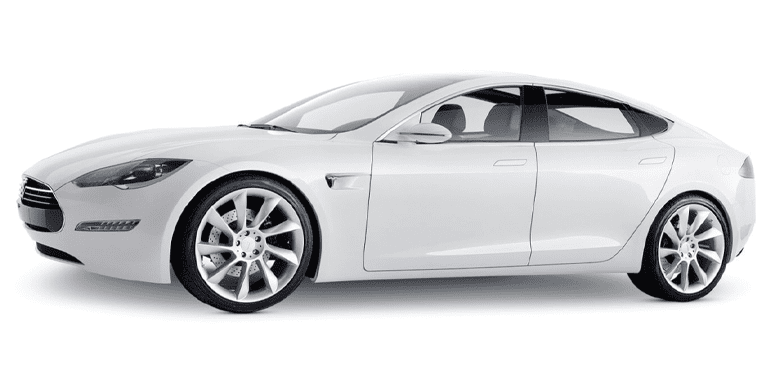
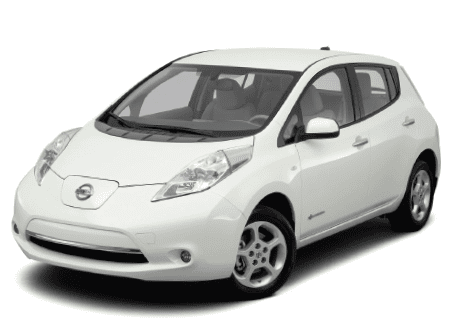
“Recurrent says that EV battery replacements can cost anywhere between $5,000 and”
“$20,000, depending on the model.”
The Tesla Model S, first released in 2012, and Nissan LEAF, first released in 2011, have the highest battery replacement frequency—a fact Recurrent speculates is due to the sheer fact they’ve been around the longest, giving them more time to rack up replacements compared to newer models.
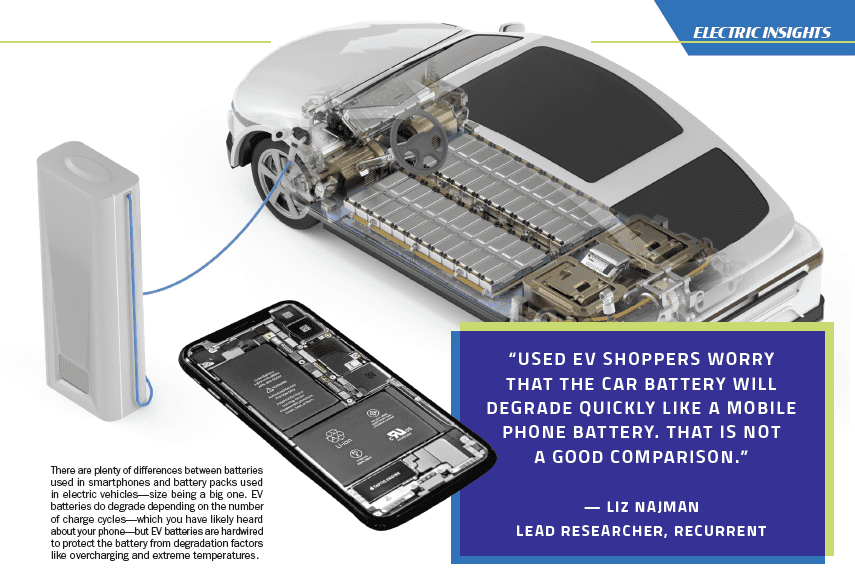
“Used EV shoppers worry that the car battery will degrade quickly like a mobile phone battery,” said Liz Najman, lead researcher at Recurrent. “That is not a good comparison because EV [battery] packs are complex technology with battery management systems that carefully regulate things like charging and temperature.”
While battery replacements are few and far between, Recurrent found that range does decrease depending on vehicle age and the number of charge cycles.
Manufacturer warranty replacements aside, Nissan LEAF and Tesla Model S vehicles see the highest number of battery replacements; but, as two of the oldest models in the all-electric fleet, that fact can be explained by age. Overall, older EVs see more battery replacements than newer ones.
“Almost all of the batteries we’ve ever made are still in cars, and we’ve been selling electric cars for 12 years,” said Nic Thomas, Nissan’s marketing director for the United Kingdom.
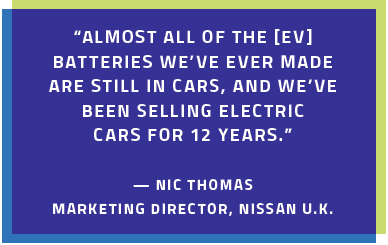
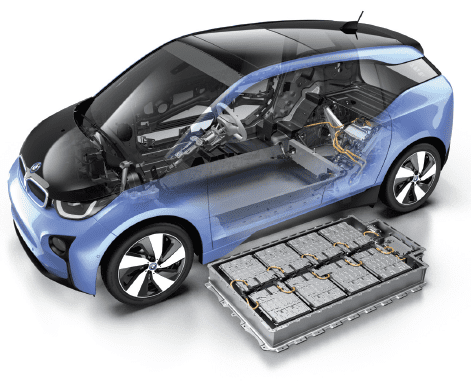
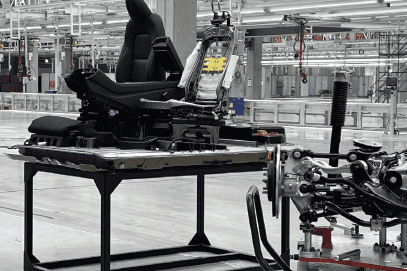
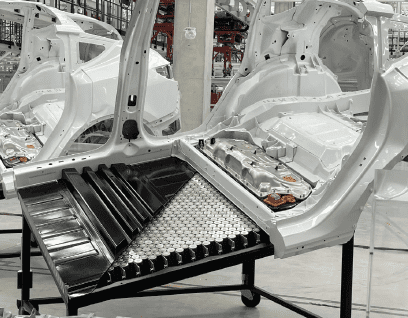
Another interesting takeaway in Recurrent’s data is that, despite a smaller battery pack and a comparatively lower range, older BMW i3 batteries have held up well. The vehicle’s 22 kWh and 33 kWh battery variations both degrade at similar rates and hit 160,000 kilometres with approximately 80 percent of original capacity remaining.
Recurrent is also tracking data on newer models, like the Ford Mustang Mach-E and the Hyundai Ioniq, but the data is too new to be conclusive, they say.
Recurrent collects data on electric vehicle batteries, sourced from its database of more than 15,000 EV owners. Data includes battery replacement, EV range, battery replacement cost, cold weather performance and much more. Visit recurrentauto.com for more information.




